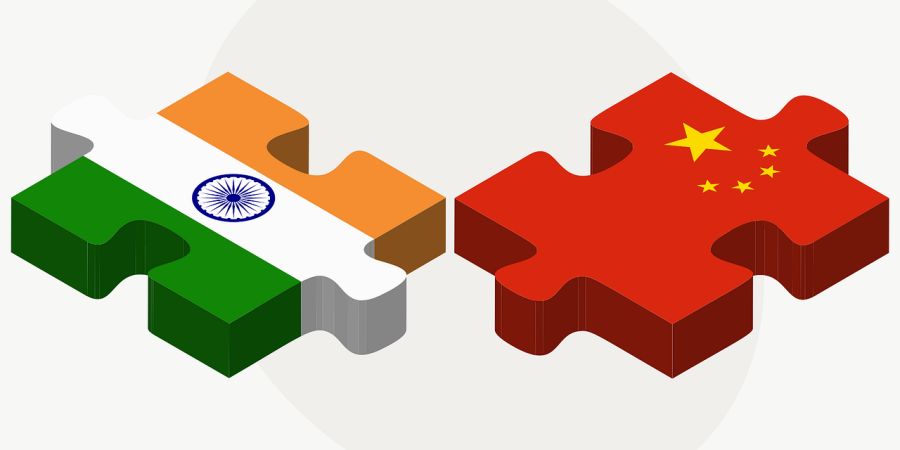

Prior to the aim of Western Socialism, India and China were such superpowers. China also had a great influence on its surroundings and the surrounding small countries used to live peacefully by seeking their families and seeing some views of the long rule of the Chinese dynasties. Mother's tablets were considered by some Hindus in China and Tibet as their subordinate. Many dynasties and societies of India were also coming out of their own states, be it India or China, their influence was not just political, it was economic, religious and Was also culturalBut China and India had never clashed in the matter of their family areas, due to which the political and cultural direct relations between the two were limited and as a result the two countries could not know each other very well and when both of the twentieth century When the countries collided with each other, it was difficult to develop foreign policy towards each other, after the independence of India from the British rule and the withdrawal of foreign powers by China, it was hoped that it would come with both the countries.
Will play an important role in deciding the future of the developing world, especially Asia. For some time, the Hindi and Chinese slogan of Bhai Bhai started to become popular and the popular military conflict over the border dispute ended this hope in the immediate aftermath of independence in 1950. Relations between the two countries were severely disturbed by China's decision to annex Tibet and build settlements along the Indo-China border in 1962 due to restrictions imposed on some areas of Arunachal Pradesh and the Aksai China region of Ladakh. Of 1962 India suffered a military defeat in the war and it had a long-lasting impact on India-China relations. Diplomatic relations between the two countries ended until 1976, after which gradually the relations between the two began to improve. China's political leadership in the late 1970s In revenge China's policy also now practical issues became prominent instead of ideological issues, so China agreed to give up controversial matters to improve relations with India.In 1981, a series of mothers were also started to resolve border disputes.
India-China relations underwent significant changes after the end of the Cold War. Now, there is a strategic as well as an economic aspect of their relationship. Both consider themselves as the emerging power of world politics and both would like to play an important role in the economy and politics of Asia. The effort to improve India-China relations was encouraged by Rajiv Gandhi's visit to China since then, both countries have since begun to use confrontation to avoid confrontation and maintain peace and status quo on the border.








